Progress is not linear for small-scale vegetable growers – one year’s success does not guarantee continued success in the next. These agreements may disintegrate quickly due to a number of factors, including market conditions such as price fluctuations, or natural hazards such as droughts. However, rural farmers in Zamboanga Del Norte proved that they can succeed economically and practically when they have access to marketing.
These farmers’ associations (FAs) had a net positive result by shifting from farming for one’s consumption, where food needs are met first for the family and only the surplus is sold, to farming for commercial markets, where needs are met first for the market and farmers may need to buy staple crops to feed their families. The members looked after their communal farm while at the same time growing vegetables in their backyards, combining their produce each harvest to sell in the neighborhood and nearby towns.
Members attested that vegetable farming allowed them to earn additional income – which enabled them to pay for their children’s education, gradually pay off debt, and even buy home appliances such as washing machines. They claimed that acquiring training in production, management, and marketing before receiving livelihood projects enabled them to establish a sustainable community-based enterprise (CBE).
The farmers are planting weather-resilient and short and medium-maturing crops such as mung beans, string beans, ampalaya, eggplant, okra, cabbage, sweet pepper, tomato, radish, and patola on their one-hectare communal area (per FA) and, on average, 0.5-hectare individual backyard gardens. For three years (2020 to 2022), the FAs each made a gross income from their communal area that ranged from Php 80,000 to Php 255,000, while their backyard gardens brought in Php 6,000 per member.
With the strong partnership of the Department of Agriculture – Special Area for Agricultural Development (DA-SAAD) and Zamboanga del Norte local government units (LGUs) in activating and sustaining agricultural development initiatives in the marginalized areas, these five (5) farmer groups turned CBE, namely, Buenavista FA, Teresita Vegetable FA, Sarawagan SAAD FA, Limbonga FA, and Sitio Tuayon FA were able to meet the Program’s Phase 1 goals of both food security and increased income. Further, they are planning to engage in the value-addition of fresh vegetable harvests.
SAAD, in its mission to contribute to poverty reduction in the country’s marginalized sectors, provided a free entry point for long-term economic investment and assisted in transforming that livelihood into a diverse range of marketable products based on market demand in the farmers’ areas of operation. With its Phase 1 conclusion, the LGUs are committed to still monitor these program beneficiaries and help them get additional support from the Department’s banner programs, other government agencies, non-government organizations, and private stakeholders. ###
Writer: Jennifer A. Valcobero, DA-SAAD NPMO Information Officer
Photos by: Jennifer A. Valcobero, DA-SAAD NPMO Information Officer

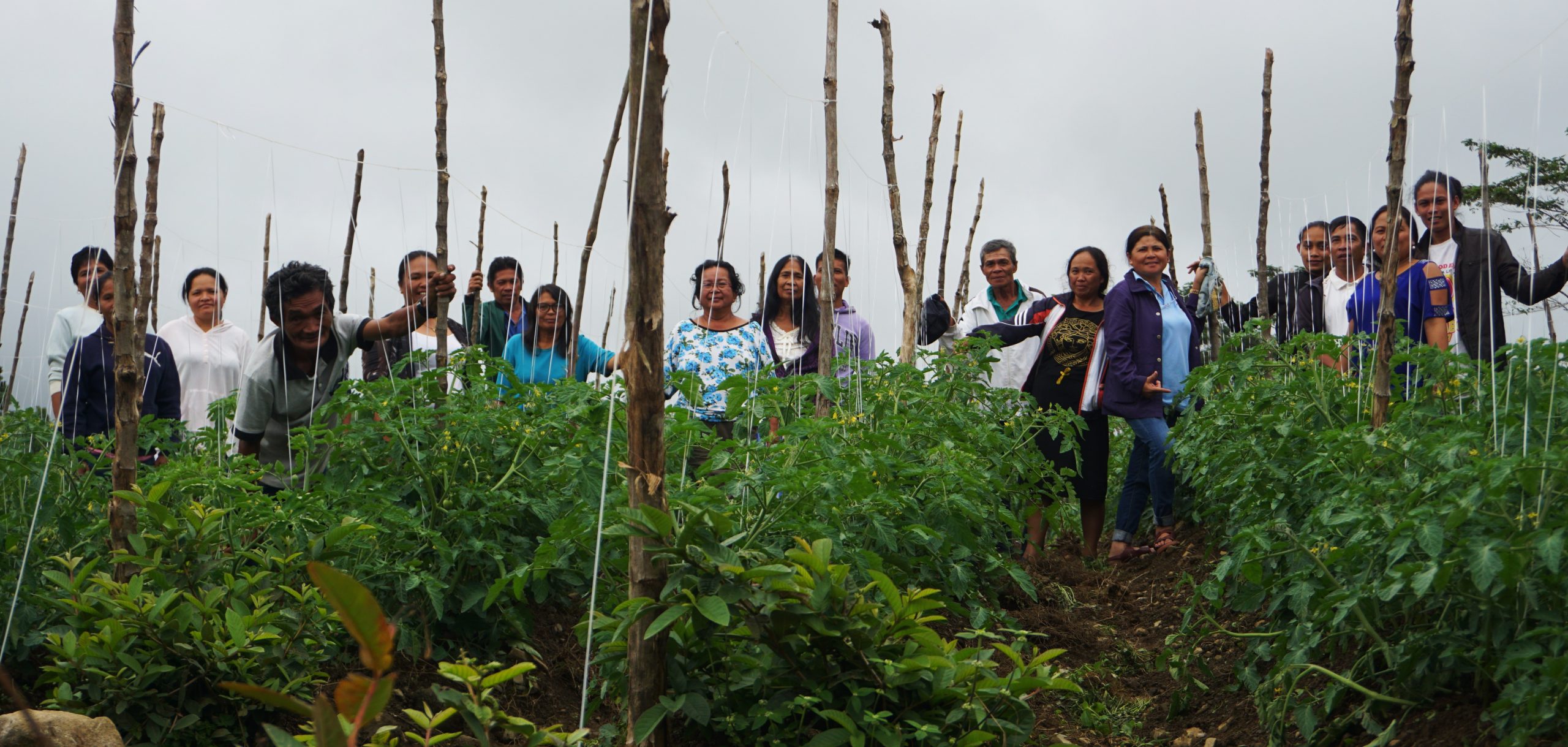
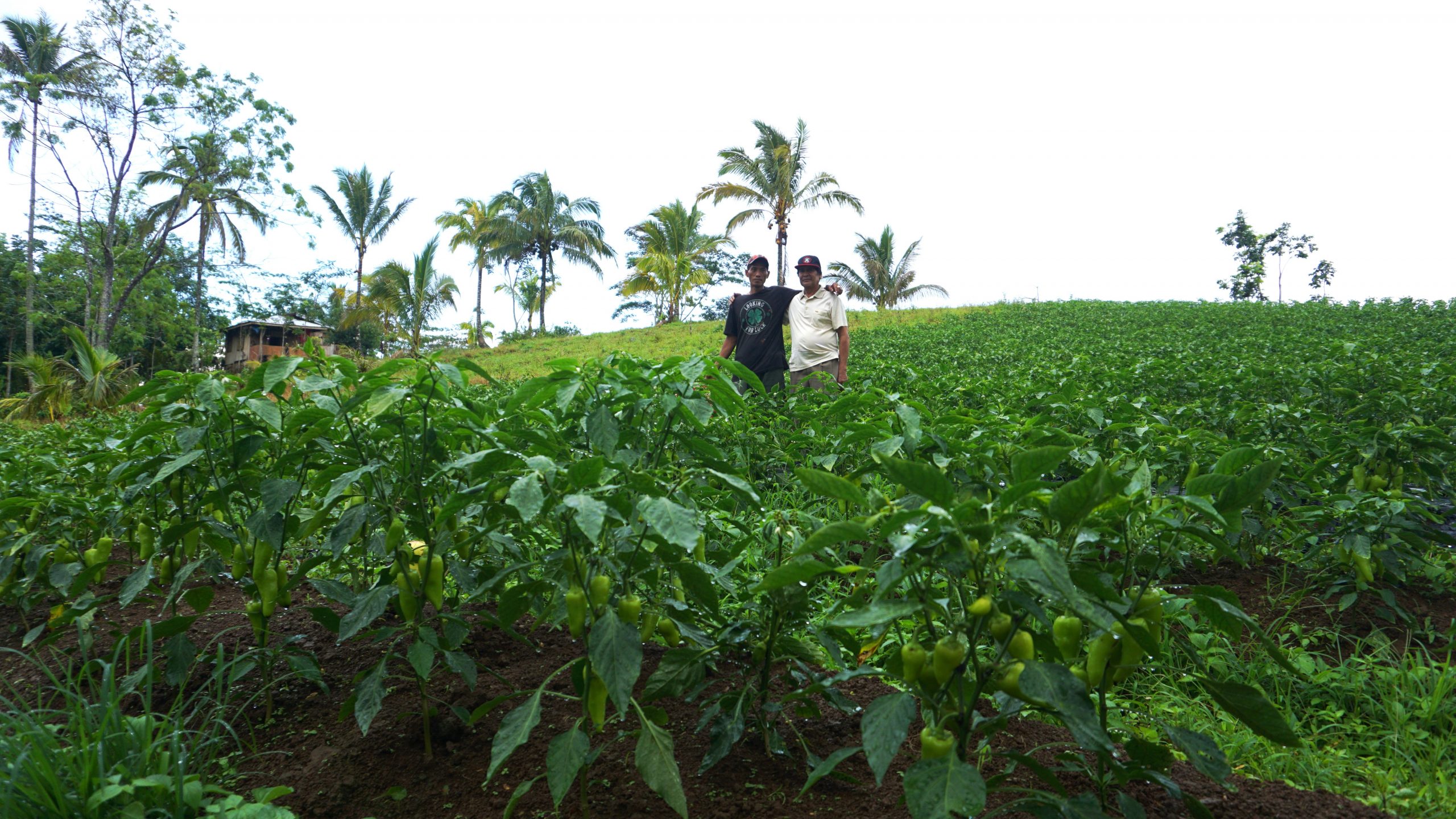

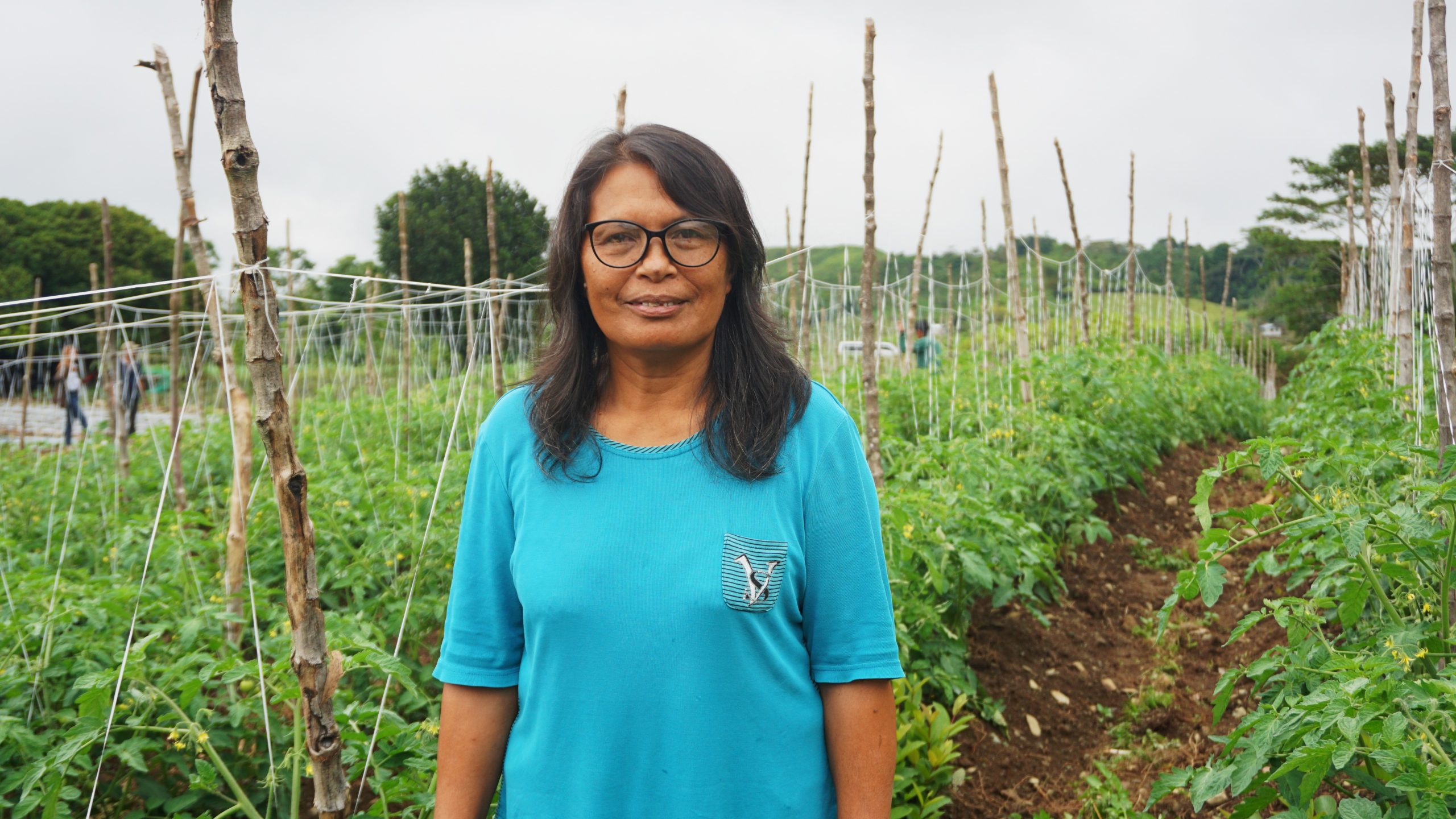
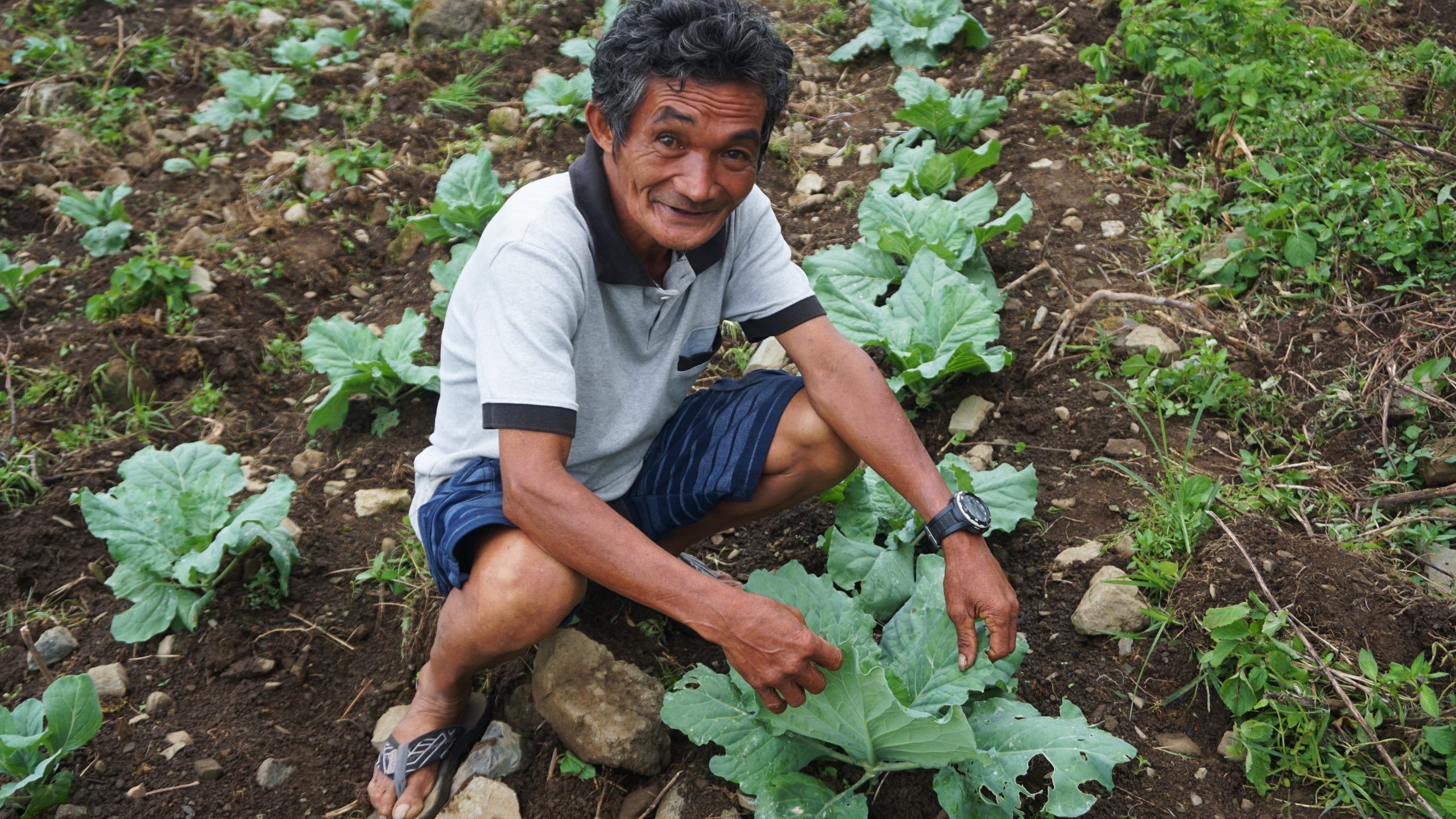


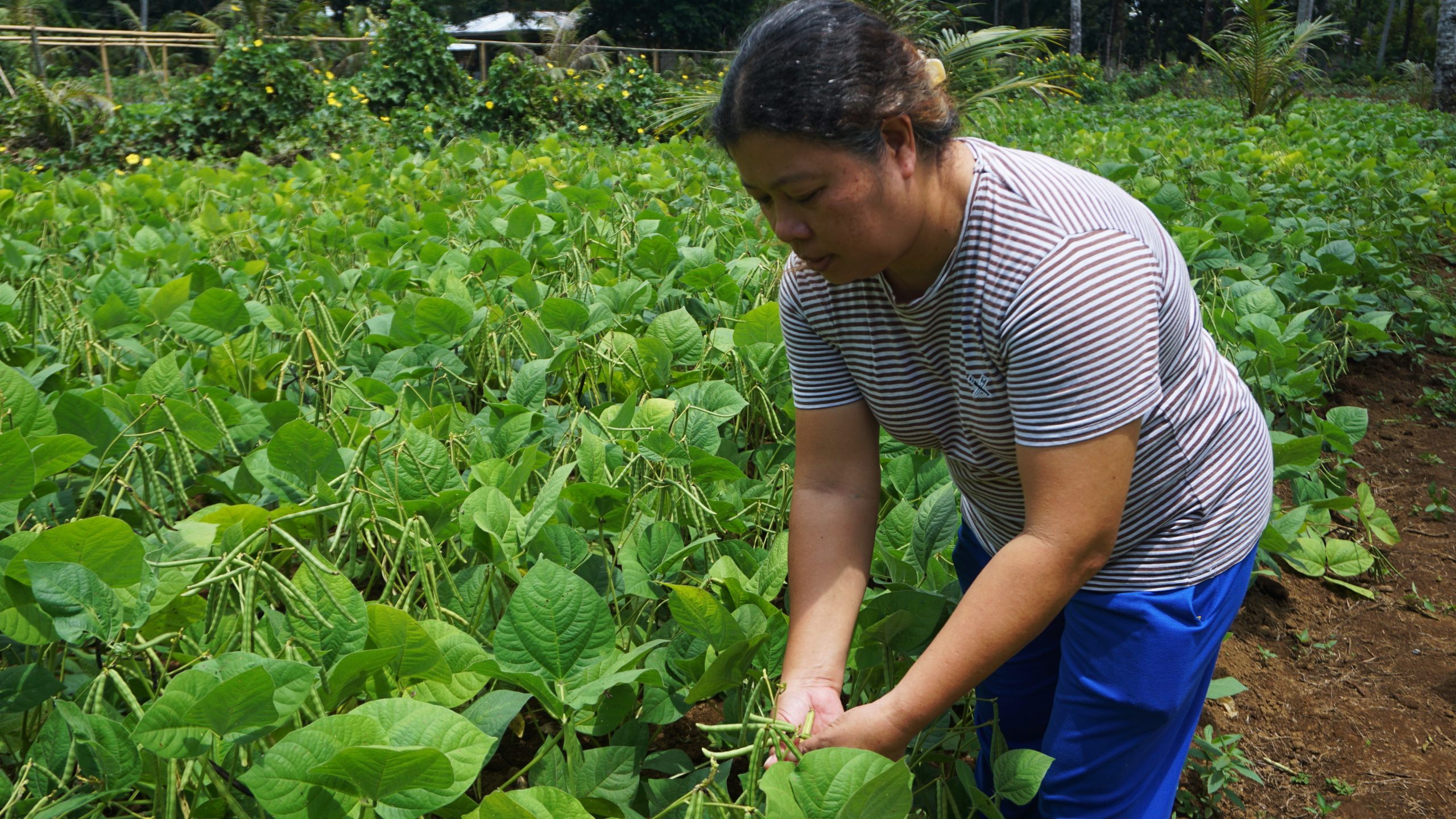
Comments (0)